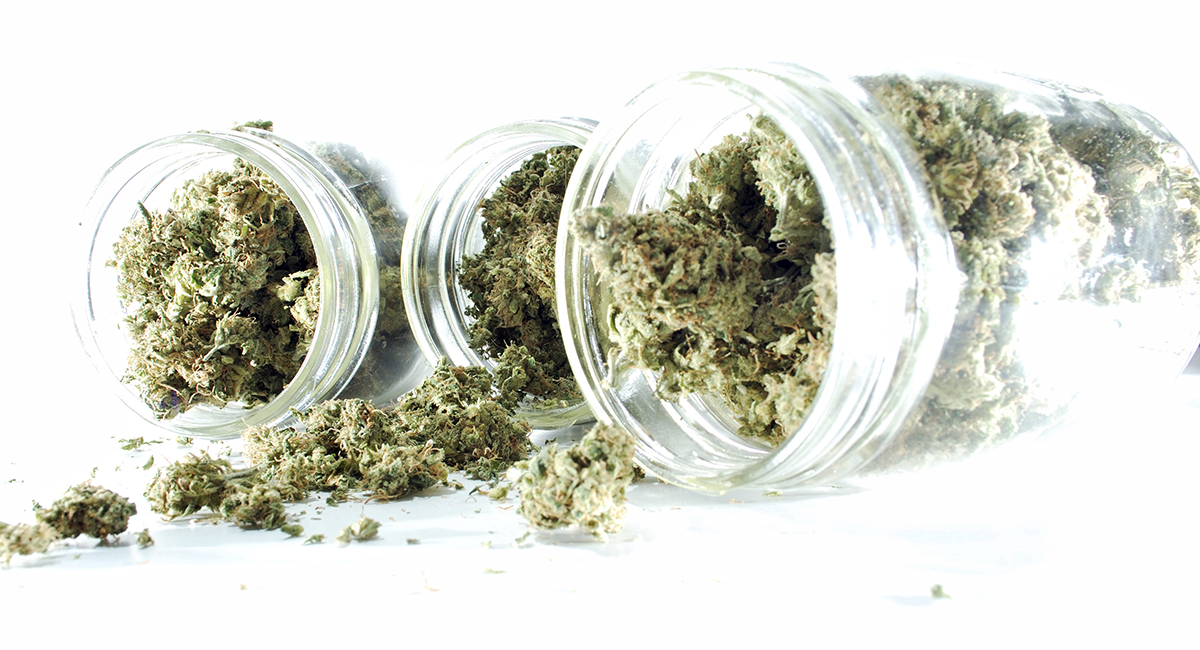Massachusetts Pot Shops Might Get Here Later Than You Thought

PHOTO VIA ISTOCK.COM/SMILEITSMCCHEEZE
Massachusetts reached a major milestone on Tuesday by electing to legalize recreational marijuana, but the state may not end up seeing its first legal pot shops as soon as voters thought.
Treasurer Deborah Goldberg, the official charged with overseeing the new marijuana industry, said on Wednesday she was not sure the state could meet the deadlines laid out in the ballot question, suggesting she may soon be asking for more time.
“We really need to be reasonable. This is about the will of the people and I take that very, very seriously, but if you think about it in the context of how long, even if you’re on a private business, how long it takes to get up and running,” Goldberg, who said previously she would vote against Question 4, told reporters, according to the State House News Service. “Some of those deadlines are pretty tough.”
The referendum calls for Goldberg to form a three-member Cannabis Control Commission, to oversee the implementation of the law. The governor will also form a 15-panel Cannabis Advisory Board to advise the commission.
The commission, under the law, needs to create regulations for the industry by September 15, 2017. It also needs to be ready by October of 2017 to begin accepting applications for marijuana retail stores (the first round of licenses would be made available to those who already operate medical marijuana dispensaries). Those stores would be permitted to open in January, 2018.
Goldberg’s office, she says, has already begun seeking programmers to create a tracking system for the drug, so officials can track the product from cultivation facilities to retail stores.
Gov. Charlie Baker, for his part, wants things to move as “briskly” as possible. Although he was perhaps legal marijuana’s most high-profile opponent, he appears to want to avoid a repeat of the sluggish roll-out of dispensaries following the legalization of medical marijuana in 2012. Much to the consternation of medical pot activists, it took until June of 2015 for the state to open its first dispensary.
“By the time we took office we hadn’t opened a single dispensary in Massachusetts and we were two years behind the effective date of that law. I think it’s important that we move as briskly as we can and we take a look at everything,” Baker says, adding, “Our view on this is that the people spoke and we’re going to honor that. But we need to make sure that we implement this in a way that is consistent with a lot of the rhetoric and the dialogue that took place during the course of the campaign, which is that it will be done in a way that does protect public safety,”
A debate over changes to the law laid out in the ballot question is coming, and has largely already begun. Among other tweaks being proposed, lawmakers have said they are interested in raising the tax on the drug, taking a second look at the way the regulations address packaging for edible marijuana products, or possibly axing the component of the law that allows people to grow 12 marijuana plants at home.
Jim Borghesani, spokesman for the group that pushed the legalization initiative, opposes those changes.
So will predictions from opponents that more pot shops are headed to Massachusetts than McDonald’s and Starbucks combined come true? Only time will tell.


